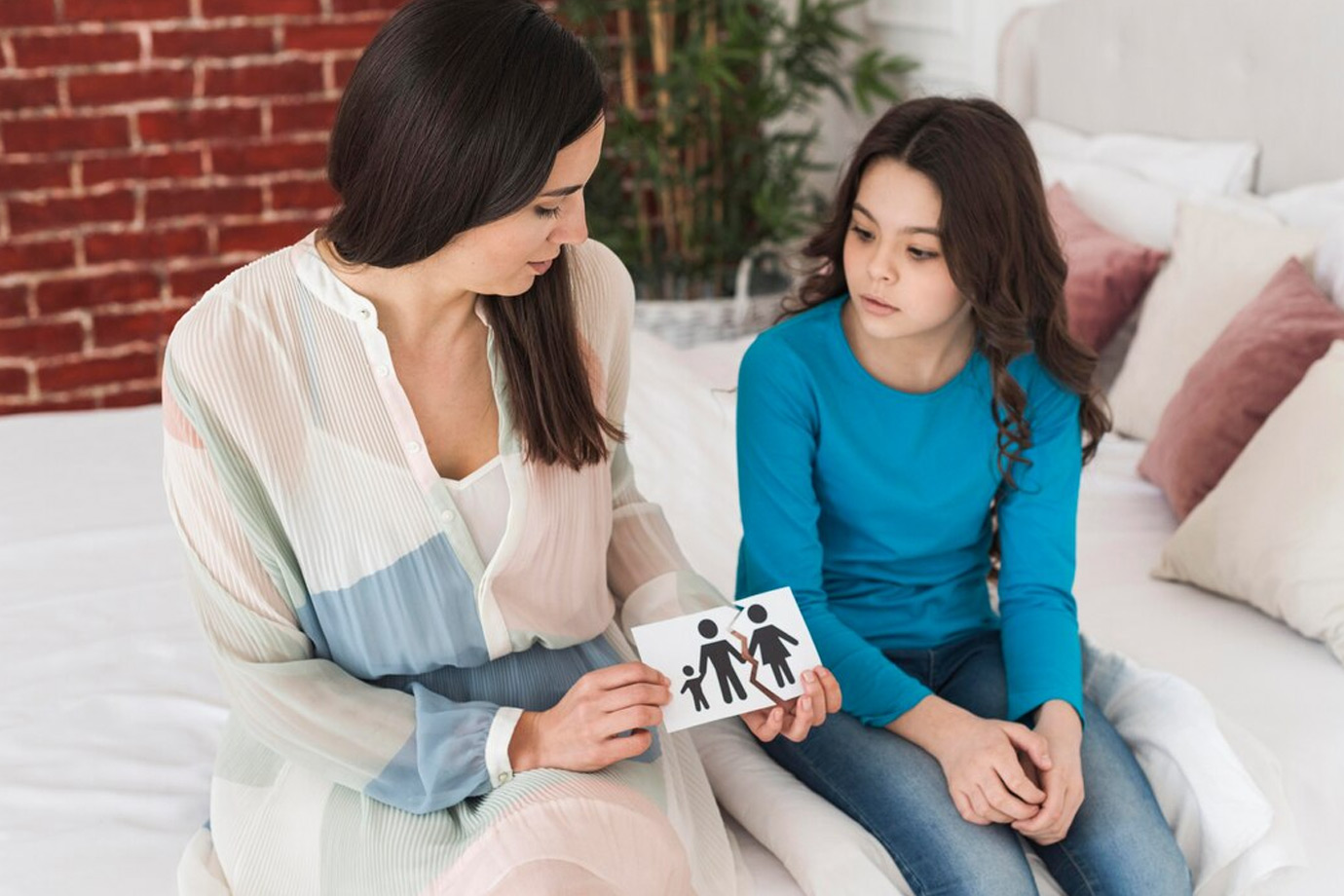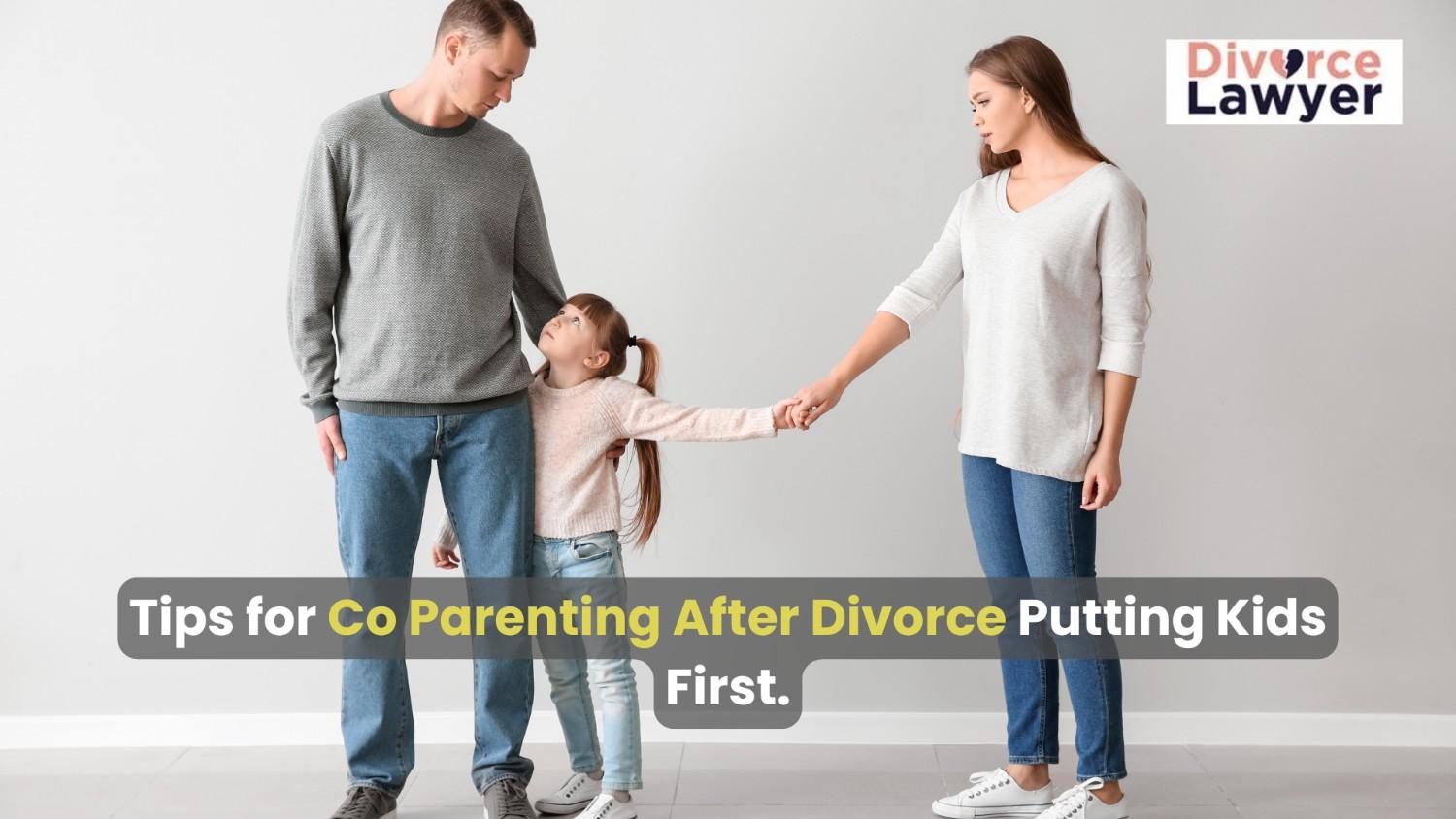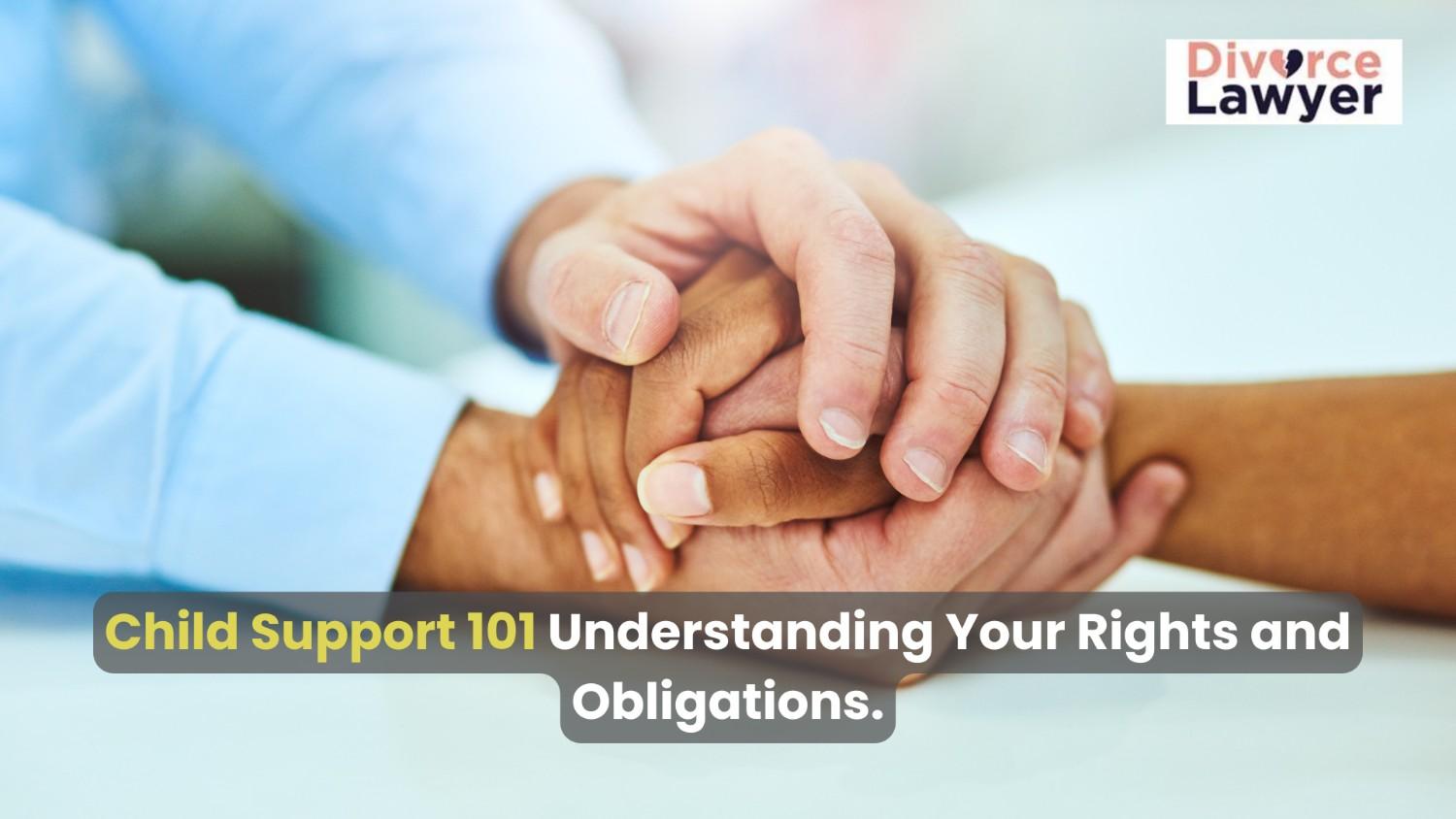· Child Custody & Parenting · 3 min read
Effects of Divorce on Children in India
Divorce is a challenging experience for couples, but its impact on children is profound and long-lasting. In India, children often face unique societal pressures and cultural expectations, which can exacerbate the emotional and psychological effects of divorce.

Divorce is a challenging experience for couples, but its impact on children is profound and long-lasting. In India, children often face unique societal pressures and cultural expectations, which can exacerbate the emotional and psychological effects of divorce.
One of the primary concerns is the disruption of a child’s sense of stability and security. Divorce can uproot children from their familiar environment, force them to adjust to new living arrangements, and potentially separate them from one parent. These changes can lead to feelings of insecurity, anxiety, and fear.
Children may also experience a range of emotions, including anger, sadness, guilt, and confusion. They may blame themselves for their parents’ separation or feel torn between loyalty towards both parents. It is crucial for parents to create a safe space for children to express their emotions and provide reassurance that the divorce is not their fault.
Co-parenting plays a vital role in mitigating the negative effects of divorce on children. Collaborative parenting involves open communication, cooperation, and consistency between parents. Maintaining a consistent routine and discipline helps children feel secure amidst the changes. Joint decision-making regarding important aspects of the child’s life, such as education and healthcare, can also contribute to their well-being.
It is essential for parents to shield children from conflicts and refrain from involving them in adult matters. Exposing children to parental disputes or using them as messengers can be detrimental to their emotional health. Instead, parents should seek professional counseling or mediation to resolve conflicts in a healthier and more constructive manner.
Access to counseling and support services is crucial for children navigating the challenges of divorce. India has seen a rise in the availability of child psychologists and therapists specializing in divorce-related issues. These professionals can help children process their emotions, develop coping mechanisms, and provide a neutral space for them to express their concerns.
The extended family and the community can also play a supportive role in helping children cope with divorce. Relatives, teachers, and friends can provide emotional support and act as positive role models. Engaging children in extracurricular activities and encouraging their interests can boost their self-esteem and provide a sense of normalcy during a challenging time.
It is essential for parents to prioritize their children’s well-being during and after the divorce process. By maintaining open lines of communication, providing stability, seeking professional help when needed, and involving a supportive network, parents can help their children navigate the emotional challenges of divorce and emerge stronger and more resilient.



